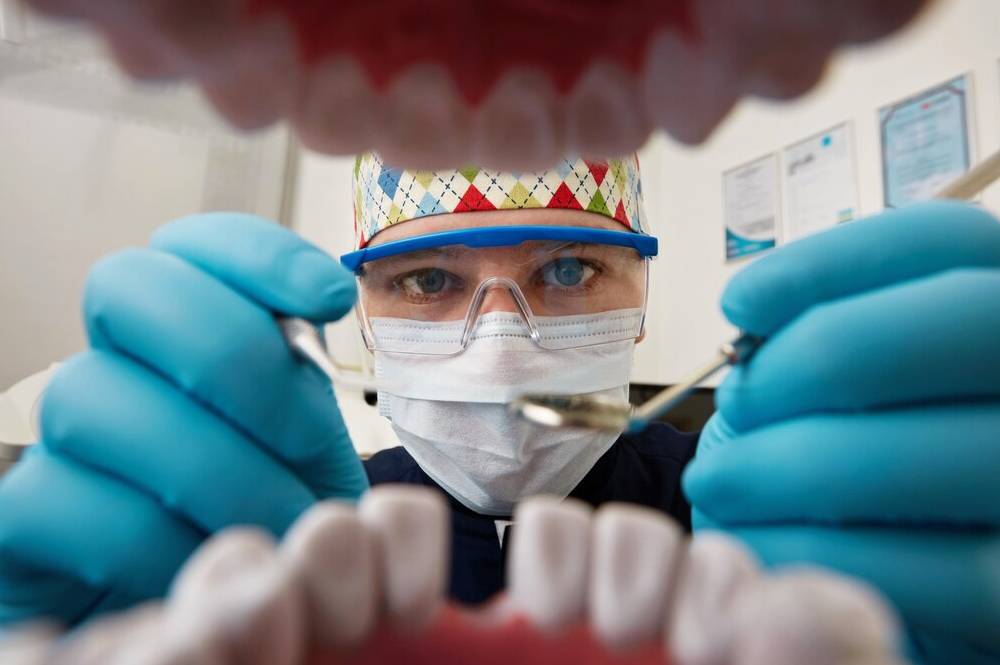Dental crowns are an integral part of cosmetic and restorative dentistry, offering both functionality and aesthetics to damaged teeth.
But have you ever wondered, how do dental crowns work? In this guide, we’ll unravel the intricacies of dental crowns, how they’re applied, and the benefits they offer.
The Basics: What Are Dental Crowns?
Dental crowns are custom-made caps that fit over a damaged or weakened tooth. They are designed to mimic the shape, size, and color of natural teeth, ensuring that the final result looks and feels natural.
The primary purpose of a dental crown is to restore the tooth’s strength, appearance, and functionality.
Preparation and Placement of Dental Crowns
Before placing a crown, the dentist will thoroughly examine the tooth to ensure it can support a crown. This might involve taking X-rays to inspect the roots and surrounding bone structure.
Once deemed suitable, the tooth is reshaped to accommodate the crown. This typically involves removing a small portion of the outer enamel.
An impression of the reshaped tooth is taken, which will serve as a model for creating the custom crown.
A temporary crown is placed over the reshaped tooth to protect it while the custom-made crown is being fabricated.
Once the custom crown is ready, the temporary crown is removed, and the new crown is cemented into place. Modern technology, like that found at Callahan & Klein Dental, ensures a seamless fit.
Materials: What Makes up a Dental Crown?
Different crowns have varying materials, from porcelain and ceramic to metal alloys. The choice of material usually depends on the tooth’s location, the patient’s preference, and the desired aesthetic outcome. For more on this, check our guide on what dental crowns are made of.
The Benefits of Dental Crowns
- Durability: Dental crowns are designed to be long-lasting, often enduring for many years with proper care.
- Aesthetic Improvement: They enhance the appearance of stained or misshapen teeth.
- Functional Restoration: Crowns restore the functionality of a damaged tooth, allowing for normal eating and speaking.
- Protection: They offer protection to weakened teeth, preventing further damage or decay.
Aftercare and Maintenance
Maintaining your dental crown is much like taking care of your natural teeth. Regular brushing, flossing, and check-ups will ensure your crown remains in top condition.
Always consult with professionals, such as the team at Callahan & Klein Dental , for advice tailored to your unique dental situation.
Summary
Dental crowns are a marvel of modern dentistry, offering both protection and restoration for damaged teeth.
Their blend of functionality and aesthetics makes them a go-to solution for many dental problems. If you’re considering a dental crown, understanding how do dental crowns work is the first step to making an informed decision.



